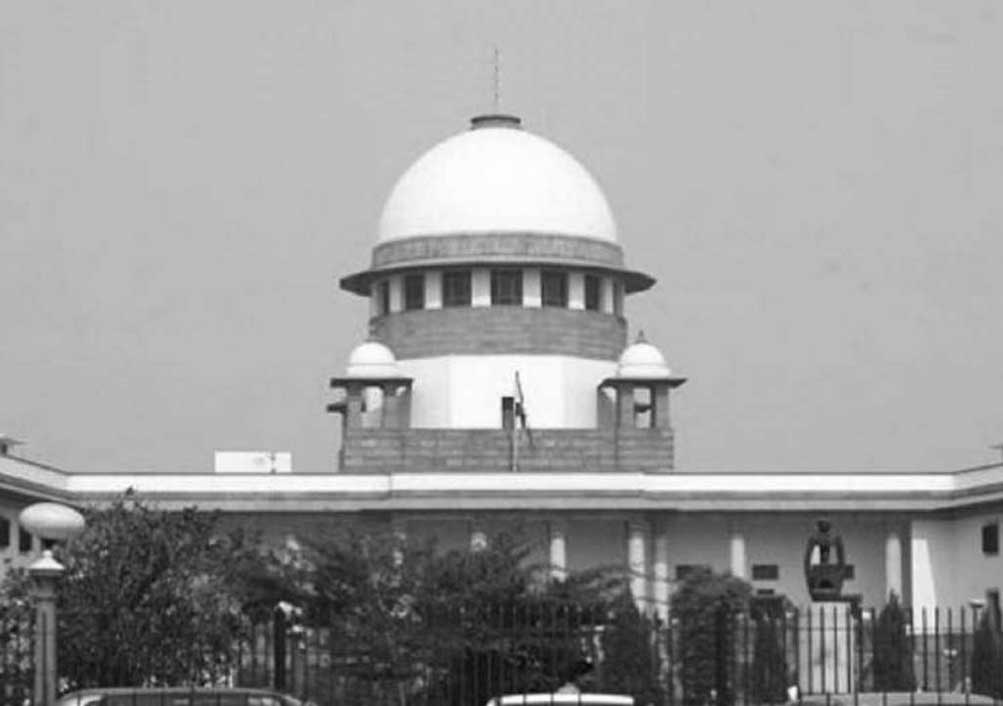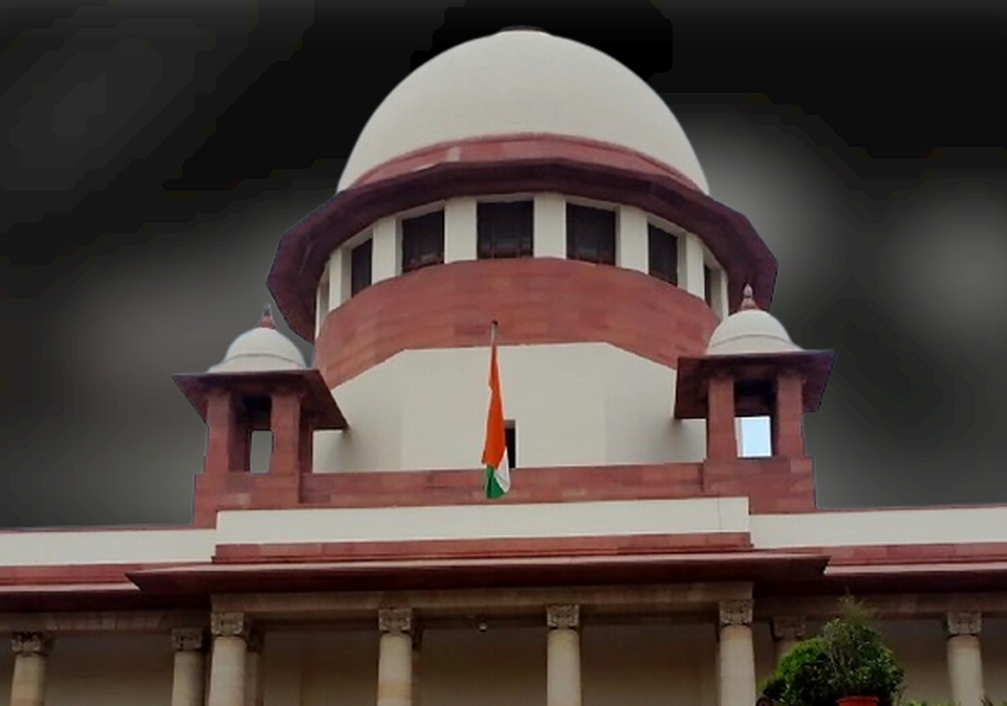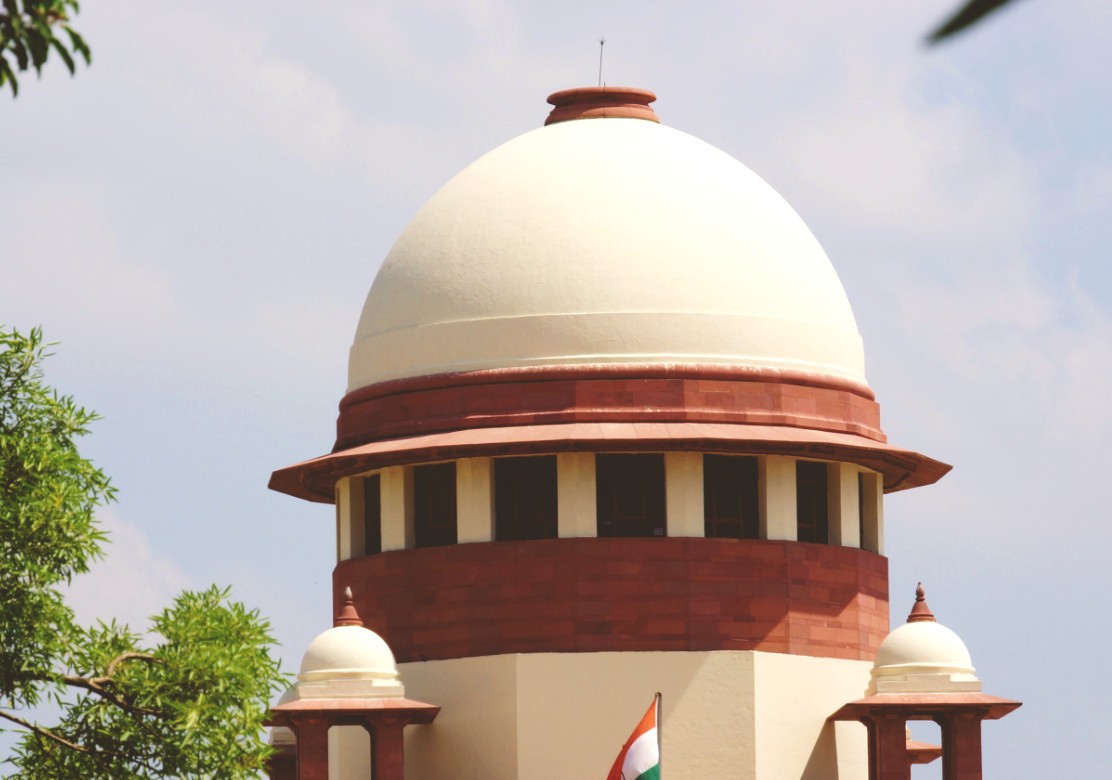Apex Court sets aside order quashing proceedings against husband and his parents in dowry demand case, says complaint clearly suggests harassment allegations
Justices B.R. Gavai, Aravind Kumar & Sandeep Mehta [30-04-2024]

Read Order: PRIYANKA JAISWAL v. THE STATE OF JHARKHAND AND OTHERS [SC- CRIMINAL APPEAL NO. 2344 of 2024]
LE Correspondent
New Delhi, May 2, 2024: While observing that the averments made in the complaint filed by a woman clearly disclosed a prima facie case of dowry harassment, the Supreme Court has set aside the order quashing proceedings against her husband and his parents.
The marriage between the appellant and the respondent No. 8 came to be solemnised under the Special Marriages Act at Kolkata and as per the prevalent customs at Jamshedpur. As respondent No. 8 was residing in Germany, appellant traveled with her husband to Frankfurt-Germany. The grievance of the appellant was that her father-in-law and mother-in-law (respondent Nos. 3 and 4) were complaining of not having brought sufficient dowry and she was abused for the said reason. Though she had returned to India for a short stay, she was said to have traveled back to Germany and on returning back she found her husband behaving strangely.
The appellant claimed that she was badly treated and was abused by the respondent Nos. 6 and 7 when she went back to her in-laws house at Kolkata. She was forcibly restrained from entering the marital home and was physically assaulted. She also claimed that she was compelled to leave her marital house both at Kolkata and Frankfurt. She lodged a complaint and an FIR was registered against respondents 3 to 8.
When notices were not answered,the Magistrate issued non-bailable warrants against all the 6 accused namely respondent Nos.3 to 8. They were ultimately arrested their applications for grant of bail were partly successful. The complainant/informant approached the Top Court calling in question the order passed by the Jharkhand High Court whereby the proceedings initiated against respondents for the offences punishable under Sections 323, 498A, 504 and 506 IPC read with Section 3 and 4 of the Dowry Prohibition Act, 1961 (DP Act) and the non-bailable warrants issued against them came to be quashed.
The High Court quashed the proceedings against respondent Nos.3 to 8 on 3 grounds that the respondents were arrested without following the due process of law, the allegations made in the complaint was omnibus and the Court of Jamshedpur was not having any jurisdiction.
The 3-Judge Bench comprising Justice B.R. Gavai, Justice Aravind Kumar & Justice Sandeep Mehta, at the outset, observed, “This Court in catena of Judgments has consistently held that at the time of examining the prayer for quashing of the criminal proceedings, the court exercising extra-ordinary jurisdiction can neither undertake to conduct a mini trial nor enter into appreciation of evidence of a particular case. The correctness or otherwise of the allegations made in the complaint cannot be examined on the touchstone of the probable defence that the accused may raise to stave off the prosecution and any such misadventure by the Courts resulting in proceedings being quashed would be set aside.”
It was opined that the averments made in the complaint clearly disclosed prima facie case made-out against these three accused persons viz, respondents 3, 4 and 8 and correctness or otherwise of the same was a matter which required to be investigated. The High Court erred in entering into the merits of the said allegation by virtually conducting a mini trial which was clearly impermissible. Hence, on this ground, the impugned order couldn't be sustained.
However, the Bench partly accepted the arguments of the respondents in so far as respondent Nos.5 to 7 were concerned, since the allegations made against them were not only omnibus but also without any specific allegation of overt act imputed against them.
It was further observed that the appellant having been driven out of her matrimonial home continued to reside at her parental home and as such the court at Jamshedpur had jurisdiction. Taking note of these aspects, the Magistrate had rightly arrived at the conclusion that the court at Jamshedpur was having jurisdiction
“The findings recorded by the High Court being contrary to the factual aspects narrated in the complaint, cannot be accepted and accordingly it is set aside”, the Bench held while partly allowing the Appeal.
The Apex Court set aside the order of quashing passed against respondent Nos.3, 4 and 8 and affirmed the order of quashing of the proceedings passed against respondent Nos.5 to 7.
Sign up for our weekly newsletter to stay up to date on our product, events featured blog, special offer and all of the exciting things that take place here at Legitquest.




Add a Comment